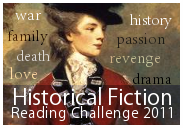[amazon_image id=”1401301045″ link=”true” target=”_blank” size=”medium” class=”alignleft”]The Wild Rose[/amazon_image]The third and final book in Jennifer Donnelly’s “Rose” trilogy, [amazon_link id=”1401301045″ target=”_blank” ]The Wild Rose[/amazon_link] follows the story of Seamus Finnegan, younger brother of Fiona (focus of [amazon_link id=”0312378025″ target=”_blank” ]The Tea Rose[/amazon_link]) and Charlie/Sid (focus of [amazon_link id=”1401307469″ target=”_blank” ]The Winter Rose[/amazon_link]), and Willa Alden, Seamie’s childhood friend, climbing partner, and soulmate. In The Winter Rose, Willa lost her leg while climbing Kilimanjaro with Seamie, and the accident tore them apart. The Wild Rose begins as Willa has relocated to Tibet, living in the shadow of Everest, taking pictures for a planned book about the mountain, and guiding other mountaineers for money. Seamie, meanwhile, meets a young teacher named Jennie Wilcott and marries her, trying to forget about Willa. Donnelly’s familiar cast of characters all make an appearance: Fiona is now a suffragette and Joe has continued serving as MP. Their fierce daughter Katie has started a newspaper and has set her sights on a career in politics. Charlie/Sid and India have settled in Point Reyes, California, but return to England after the mysterious death of India’s sister, Maud. Meanwhile, Max von Brandt, a German spy in love with Willa and rubbing shoulders with the likes of gangster Billy Madden, makes trouble for everyone. Donnelly’s characters tramp all over the globe—Willa becomes part of T. E. Lawrence’s party in Arabia, while Seamie joins up with the navy when World War I begins.
This novel was much more Indiana Jones than your typical “romance.” Willa is hardly slowed down by having only one leg. She’s a difficult heroine—she can be selfish, and she nurses a drug addiction for most of the novel. At the same time, she’s fearless and dashingly brave. I quite liked Seamie’s wife Jennie, and I felt she certainly had the short end of the stick, as Seamie would never be able to love her as he had loved Willa, and frankly, she deserved much better. The new villain, Max von Brandt is much more layered and complicated (as all Donnelly’s characters are) in this novel.
The whole series is epic in scope and spans over 30 years. I think just about every historical event that occurs during the time period of this book (1913-1919) touches the Finnegan family. They experience World War I, the Spanish flu, and Lawrence of Arabia—and that’s just in this book, so I’m not sure what else Donnelly could have thrown at them. Like its predecessors, this book is eminently readable, but not without its problems. I did catch some continuity errors (Joe’s age near the end of the novel, for instance), but those may be corrected in the final publication, as I read a galley copy. Like its predecessors, The Wild Rose is just a really big book. So much happens, and the story threatens to become unwieldy at times. Donnelly does a better job keeping it all together in this book than in the other two, and even with the outlandish events that take place in this novel, it somehow seems more plausible than the others, perhaps because the characters are much more “gray” than black or white. Willa is a more interesting heroine than India. I can’t say I liked her as much as I liked Fiona, but she’s complex. The series is definitely worth a read. It certainly kept me turning the pages and staying up way too late to find out how the characters would emerge from the latest trap they’d fallen into. I definitely think romantic historical fiction fans would love this series, and I would recommend it for fans of Diana Gabaldon or [amazon_link id=”0061990477″ target=”_blank” ]The Thorn Birds[/amazon_link].
Rating:




Full disclosure: I received a free galley copy of this book from the publisher via NetGalley. The Wild Rose is available in stores on August 2, 2011.
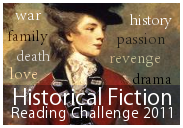


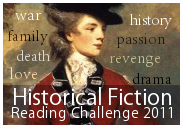









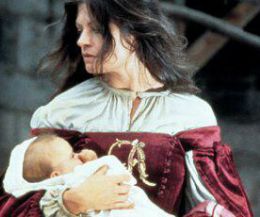
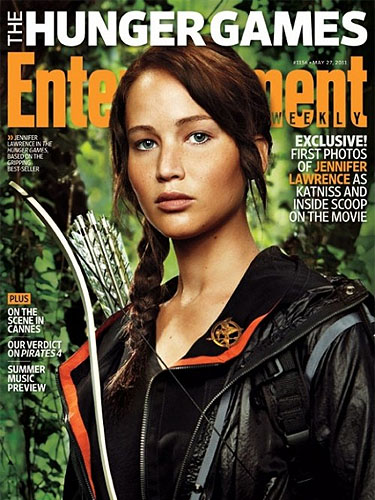
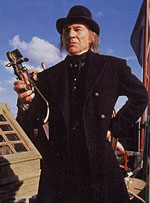



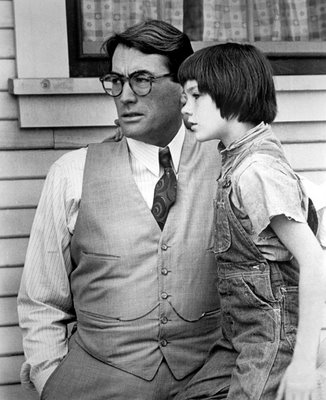
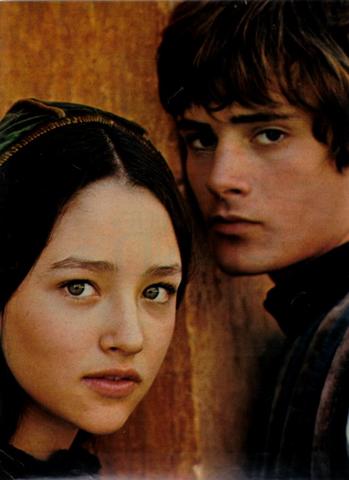 Juliet: She defies her family’s ancient feud with the Montagues by falling in love and marrying Montague’s son Romeo. Juliet even chooses her new husband over her own family after Romeo kills Tybalt. Rather than marry a man her family chooses for her, Juliet feigns her death. If only that messenger hadn’t been waylaid by the quarantine for the plague and Romeo had received Friar Lawrence’s message! When she awakes and discovers Romeo, believing she was truly dead, has committed suicide, she kills herself by stabbing a dagger into her own heart rather than continuing to live without her Romeo.
Juliet: She defies her family’s ancient feud with the Montagues by falling in love and marrying Montague’s son Romeo. Juliet even chooses her new husband over her own family after Romeo kills Tybalt. Rather than marry a man her family chooses for her, Juliet feigns her death. If only that messenger hadn’t been waylaid by the quarantine for the plague and Romeo had received Friar Lawrence’s message! When she awakes and discovers Romeo, believing she was truly dead, has committed suicide, she kills herself by stabbing a dagger into her own heart rather than continuing to live without her Romeo.